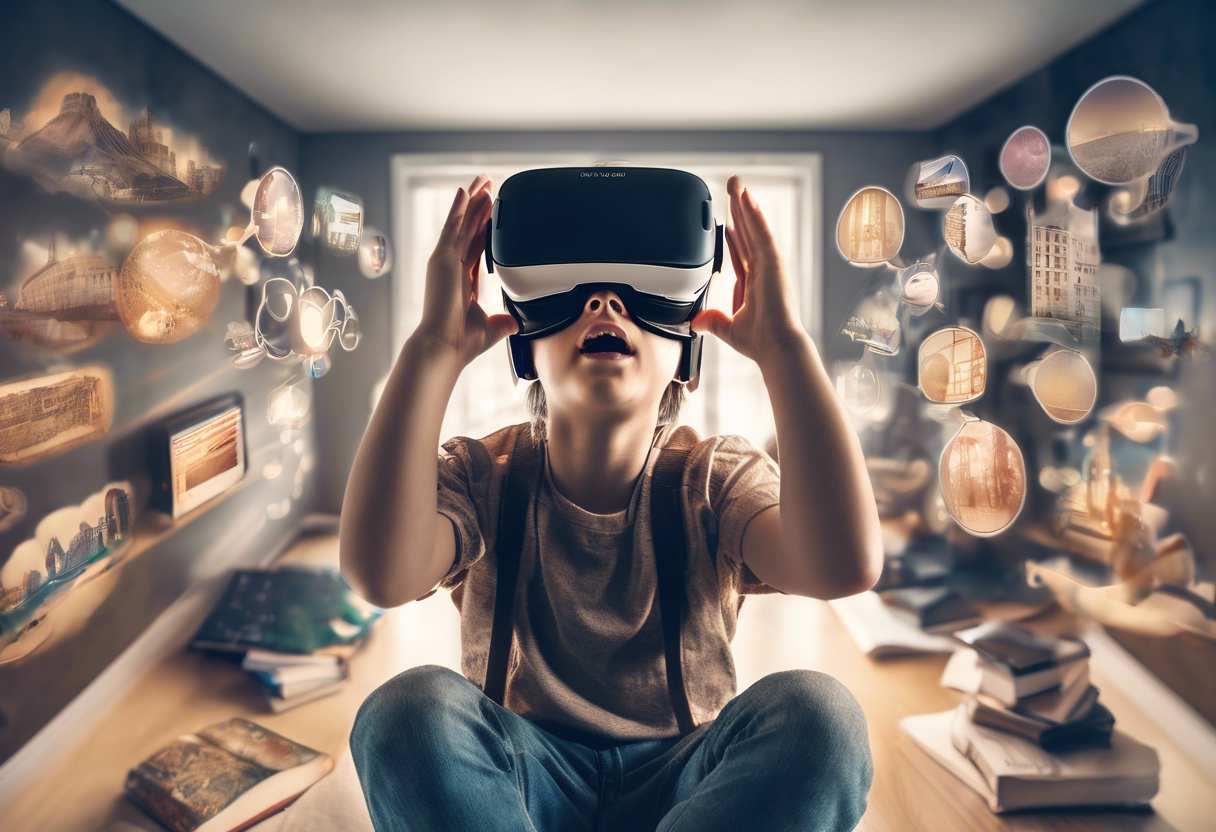Virtual reality (VR) technology has made tremendous strides in recent years, revolutionizing various industries and providing endless opportunities for immersive experiences. One of the most exciting areas where VR has shown great potential is in language education. Thanks to the ability to create realistic and interactive environments, VR has opened up a whole new world of possibilities for language learners, offering a more engaging and effective way to learn a new language.
In traditional language education, students are typically confined to classrooms and textbooks, which can make learning a new language a tedious and arduous task. However, with VR, students can now be transported to different countries and cultures in the virtual world, where they can practice their language skills in real-life scenarios. This not only makes the learning process more enjoyable but also helps to improve retention and fluency. Furthermore, VR allows for personalized learning experiences, catering to the individual needs and learning styles of each student.
The impact of VR on language education goes beyond just providing a more engaging learning experience. Research has also shown that VR can enhance critical thinking skills, as well as boost cultural awareness and empathy. In a globalized world, being able to communicate in multiple languages and understand different cultures is an invaluable skill, and VR is helping to bridge that gap.
In conclusion, as technology continues to evolve and immerse us in virtual experiences

Leave a Reply